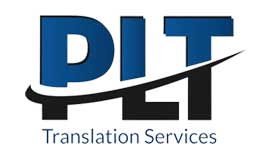
Accurate translation is essential in legal proceedings to ensure justice is served accurately. In cases involving bounced cheques, translation gains heightened importance. A bounced cheque, or dishonored cheque, is when a bank returns a financial instrument due to insufficient funds. Translating information for court filing requires precision and adherence to legal terms.
Accurate translation of bounced cheque cases requires understanding legal nuances. Terms like “bounced cheque,” “drawer,” “payee,” and “insufficient funds” must retain legal meanings. Translated documents should explain consequences such as penalties, credit impact, and potential legal action. Clear procedural steps for both parties, drawer and payee, prevent ambiguity. Successful translation demands legal and linguistic expertise. Localizing for jurisdictional laws is vital. Errors could compromise fairness and misrepresent the case. Translating bounced cheques for court is intricate and precise. It bridges legal and linguistic gaps, ensuring the court fully grasps the case. This upholds justice and enables informed decisions.



